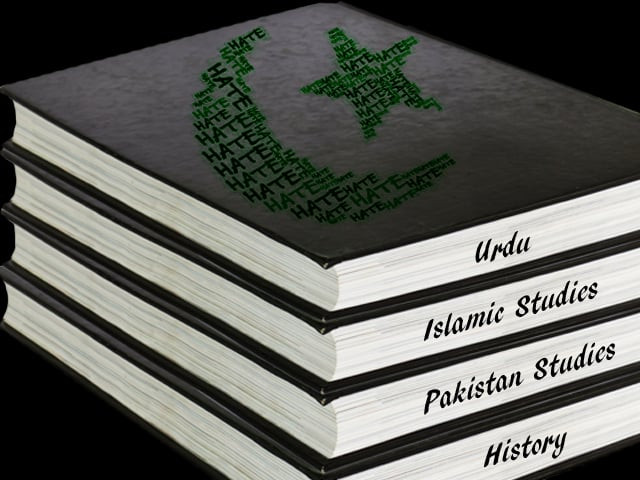Revisiting history: ‘Modified textbooks behind incomplete understanding of subcontinent’s history’
Expert stresses the need to read as many books as one can to draw one’s own conclusions.

Expert stresses the need to read as many books as one can to draw one’s own conclusions.
Her lecture, titled ‘Misplacing the Mughals: Historical Memory and Pakistan’, was held at an auditorium of the Aga Khan University on Tuesday.

Zaman said textbooks of Pakistan Studies began with the history of Mohammad Bin Qasim, adding that these textbooks confused several students when they read books of other authors at a later stage.
“Every nation is difficult to define and so is Pakistan.” Referring to books written in Pakistan, she said that Mughal Emperor Aurangzeb was presented as ‘a good Muslim’ while ruler Akbar was considered ‘a bad Muslim’. “Some even considered Akbar a secular person,” she added.
The monuments of the Mughal Empire show their inclination towards art and culture. “They built beautiful buildings but look at the way we treat their work and names,” she smiled, showing images of beautiful monuments and a photo of ‘Babur missile’.
She said that colonialists and Muslim historians of pre-Partition period considered the era before and during the rule of Mohammad Bin Qasim the golden age of Muslims. “The rest is believed to be the decline.”
“I fully acknowledge my nostalgia and romanticism,” she replied to a question when was asked why she only focused on the bright side of the Mughals rather than on their brutality and failures.

“How do we get a clear version of the history,” asked a female participant. The professor replied that history books were based on primary evidences and interpretations, adding that there are other methods to write history books. She said that it was very difficult to understand the actual history as most of textbooks were not written properly.
A participant, Zohra, confessed that she felt confused when she taught history lessons to her students, stressing that history books needed to be re-written.
Another participant said that the people around the world thought Mughals were from India and not from Pakistan. “Why is it so?” he asked. Zaman responded that it was because the Indians promoted their tourist sites.
Pakistan sees itself as a successor state of the Mughal Empire, but at the same time, the Mughals remain edited out of Pakistan Studies textbooks or re-interpreted to suit the needs of the present. Positioned somewhere between belonging and disavowal, Zaman tried to explore the historical memory of Pakistan with a focus on Mughals in popular imagination.
Zaman has published academic articles on autobiographical writing in Mughal India and on the Mughal Empire.
Published in The Express Tribune, December 26th, 2013.



















COMMENTS
Comments are moderated and generally will be posted if they are on-topic and not abusive.
For more information, please see our Comments FAQ